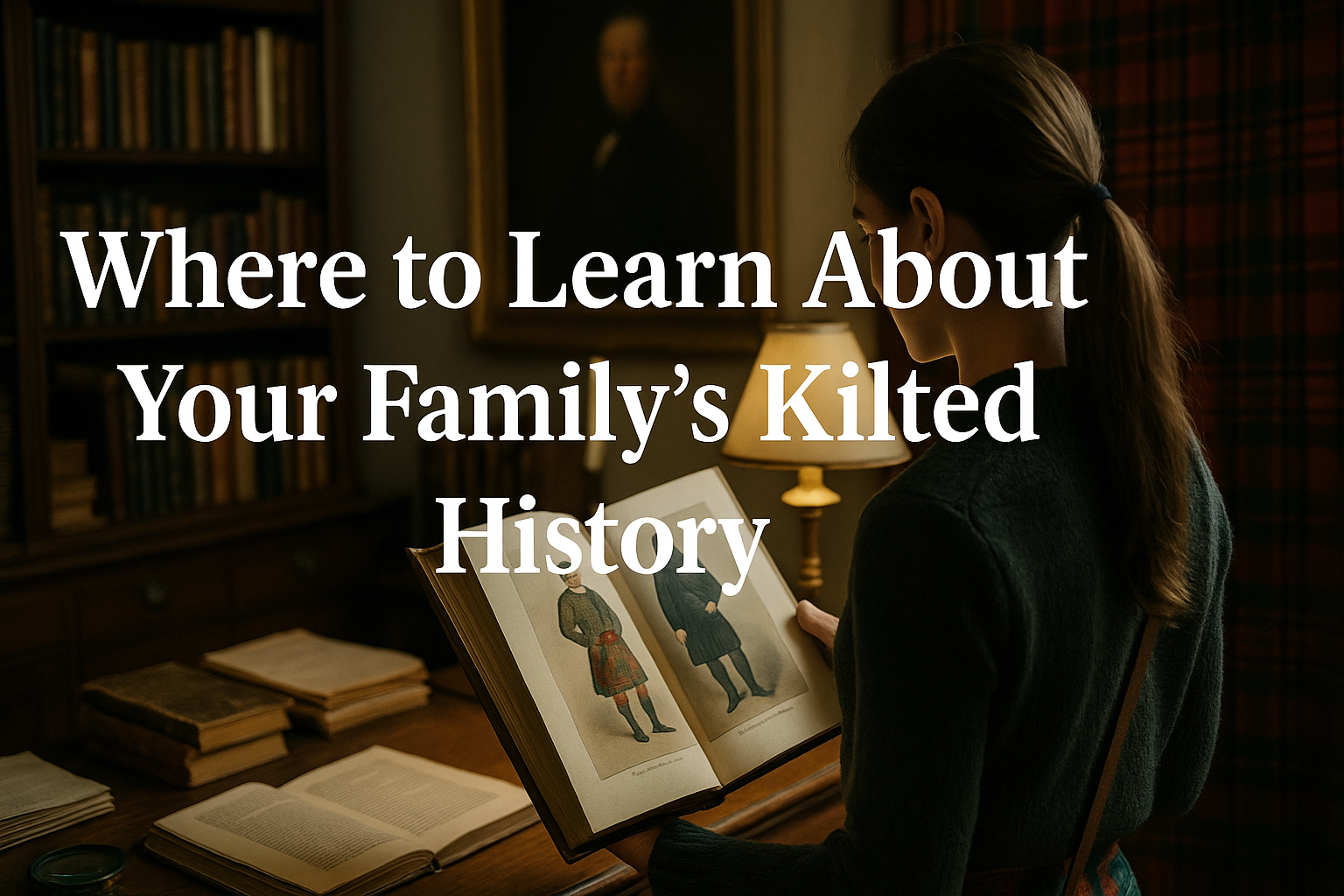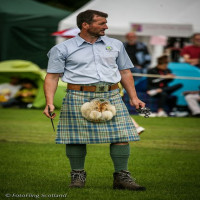Where to Learn About Your Family’s Kilted History

Strong 8k brings an ultra-HD IPTV experience to your living room and your pocket.
Introduction: Discovering the Fabric of Your Past
Your family’s kilted history is more than just a pattern—it’s a story of ancestry, migration, identity, and pride. Whether you descend from a Highland clan or simply feel connected to Scotland’s heritage, there are rich resources available to help you trace your tartan roots. In an age of online records and cultural revival, learning about your family’s kilted past is more accessible than ever.
This guide explores the top places to uncover your family’s tartan legacy and learn what the kilt means in your personal and cultural story.
________________________________________
1. Start with Family Oral Histories
Before diving into archives, speak with older relatives. Ask about:
• Clan names or ancestral surnames
• Known tartans worn in the family
• Participation in Highland games or Scottish societies
• Emigration or settlement stories
These oral histories often provide vital clues that guide your next steps.
________________________________________
2. Use Online Clan and Tartan Registries
Websites like the Scottish Register of Tartans, Clan.com, and House of Tartan allow you to:
• Search tartans by surname
• View associated clan patterns
• Learn historical context of each design
These platforms are user-friendly and ideal for early-stage exploration.
________________________________________
3. Explore the Scottish Register of Tartans (SRT)
The SRT is Scotland’s official database of tartans. It includes:
• Thousands of registered tartans
• Designer info and registration dates
• Descriptions and symbolic meanings
You can verify if your family tartan is official or even register a new one.
________________________________________
4. Visit the National Records of Scotland (Edinburgh)
If you're in Scotland, the National Records hold detailed documents including:
• Parish records
• Census data
• Land ownership and tenant rolls
Combined with clan information, these help track your family’s location and affiliations.
________________________________________
5. Stop by the Scottish Tartans Museum (North Carolina, USA)
For those in North America, this museum is a treasure trove. It offers:
• Exhibits on tartan history and kilt evolution
• Access to tartan and clan books
• Staff support in researching family affiliations
It’s a surprising but valuable resource for Scottish-Americans.
________________________________________
6. Visit Your Clan Society Website or Headquarters
Many clans have dedicated societies with active memberships. Their websites often include:
• Clan-specific genealogies
• Tartan variations
• Forums and events to connect with distant relatives
Joining a clan society gives you access to community wisdom.
________________________________________
7. Attend Highland Games and Cultural Gatherings
Highland games are more than sport—they’re cultural encyclopedias. You can:
• Meet clan representatives at informational tents
• View tartans in action
• Discover lesser-known septs (branch families)
These events are interactive and emotionally engaging ways to connect with heritage.
________________________________________
8. Consult Scottish Genealogy Services
Professional genealogists in Scotland and abroad offer:
• In-depth ancestral reports
• Cross-referencing of clan and parish records
• Identification of historical tartan use
Though paid, these services provide accurate, personalized histories.
________________________________________
9. Explore Ancestry and DNA Platforms
Sites like Ancestry.com, MyHeritage, and FamilyTreeDNA can:
• Uncover Scottish ancestry
• Connect you to relatives with shared heritage
• Sometimes indicate regional origins tied to clans
DNA results paired with surname studies can point you toward your tartan.
________________________________________
10. Visit Historic Textile Mills and Tartan Weavers
Some family tartans may only exist in old records or physical swatches. Visiting mills like:
• Lochcarron of Scotland
• House of Edgar
• Knockando Woolmill
can provide insights into the evolution and authenticity of your family's tartan.
________________________________________
Conclusion: Stitching the Story Together
Learning about your family’s kilted history is a journey of connection—to the past, to people, and to patterns. Whether through online databases, clan societies, oral storytelling, or visits to ancestral lands, you can begin to weave a clearer picture of your heritage. Every pleat in a kilt and every thread in a tartan carries history, and your story is part of that enduring fabric.
Note: IndiBlogHub features both user-submitted and editorial content. We do not verify third-party contributions. Read our Disclaimer and Privacy Policyfor details.







